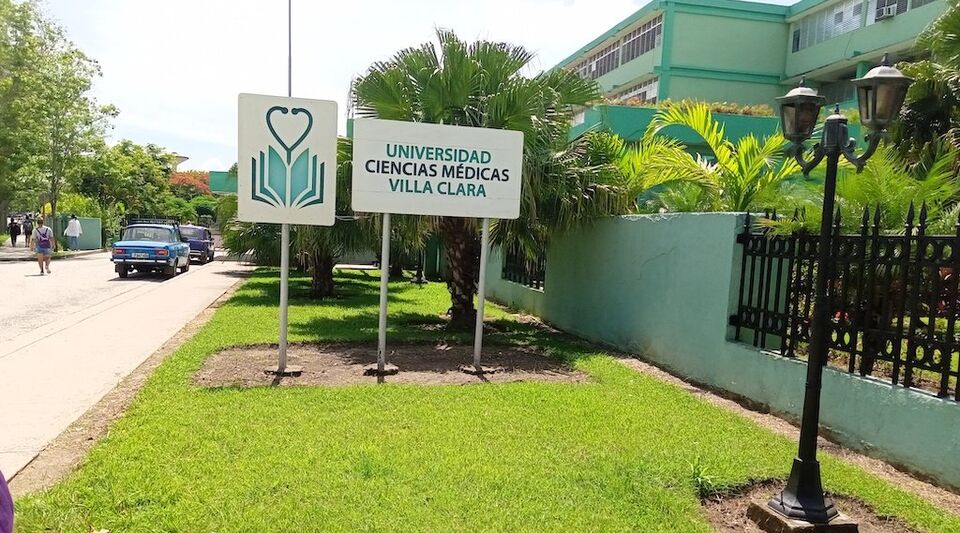Angeles Cruz Martinez
Newspaper La Jornada
Wednesday, July 13, 2022, p. 10
The free care and medicine plan for people without social security includes dialysis and hemodialysis treatments and the possibility of receiving a kidney transplant, assured José Salvador Aburto Morales, director of the National Transplant Center (Cenatra). It is the answer to an old demand that had been put aside due to the high cost of these procedures.
Chronic kidney disease is one of the main complications of diabetes and already represents the third cause of death in Mexico. Due to its high prevalence and the cost of therapies, authorities of past administrations pointed out that caring for patients with kidney failure would imply ending the resources allocated to conditions that generate catastrophic expenses. The matter was not on the official health agenda.
Now, with the change in the health system promoted by the federal government and the commitment so that people have effective access to health services, they will seek to have a scheme that helps patients to be candidates for a kidney transplant, Aburto commented. Morales.
The official yesterday led a forum on organ donation and transplantation, in which he commented that work meetings of the committee of the Health Fund for Well-being (Fonsabi, before Catastrophic Expenditures) are already being held with the transplant programs in the state. The purpose is to define the mechanisms for requesting equipment and material necessary to carry out organ procurement and replacement surgeries.
Aburto stressed that the Mexican Institute of Social Security has the largest donation and transplant program in the country, it was necessary to incorporate those who are outside social security. The universalization of health that is coming
will allow having a real list of people who require a kidney transplant, he said.
He added that investment in organ donation is more profitable than renal function replacement therapies, since patients are at constant risk of deterioration in their health and death.
He explained that the average return on investment for the economy in 10 years – the lifetime of the transplanted organ – is four pesos for each peso invested.















